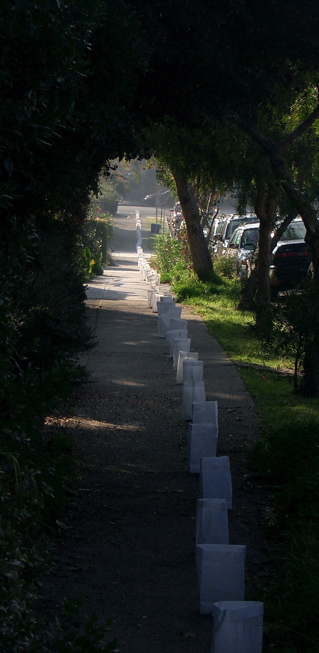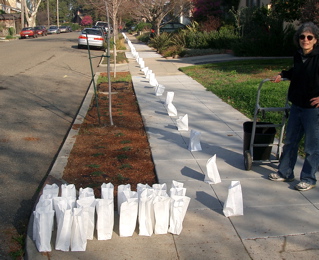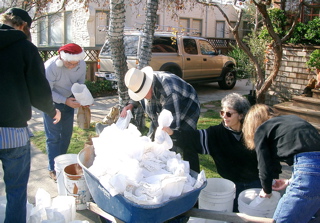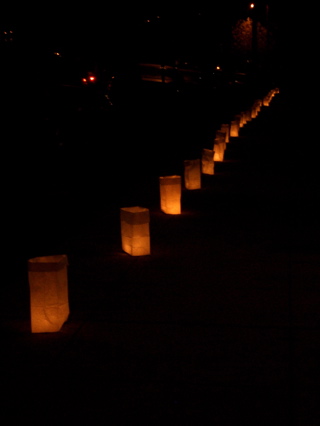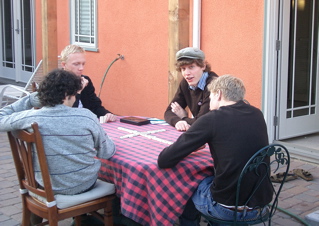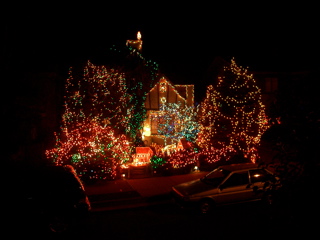I just got around to reading a New Yorker piece from the December 6 issue; which is pretty good for me, actually; I usually don’t open New Yorker issues for a month or so after they arrive. There’s a post-mortem piece on election polling by Louis Menand called “Permanent Fatal Errors: Did the voters send a message?” (unfortunately, it’s not posted on The New Yorker site; a Google search turns up a doubtless unauthorized copy of it here). Menand sat in on a meeting of “political scientists and polling experts” at Stanford a week after the election.
The piece talks briefly about how far the exit polls were off in a bunch of key states (not just Ohio and Florida), but doesn’t get into anyone’s thinking about why that happened.
Two interesting take-aways from the article, though. Even a Bush pollster concluded that voters’ concern about “moral issues,” supposedly such a driving force for so many Bush voters, was way overblown in post-election reporting. More important was one pollster’s conclusions about the issue that really locked things up for Bush:
“Why did President Bush win this election?” Gary Langer, the director of polling at ABC News, said at the Stanford conference. “I would suggest that the answer can be expressed in a single phrase: 9/11.” No one there disagreed. “Fifty-four per cent of voters on Election Day said that the country was safer now than it was before September 11, 2001,” Langer pointed out. “And perhaps, I would suggest, more important, forty-nine per cent of voters said they trusted only President Bush to handle terrorism, eighteen points more than said they trusted only John Kerry.” He went on, “Among those who trust only Bush to handle terrorism, ninety-seven per cent, quite logically, voted for him. Now, right there, if forty-nine per cent of Americans trust only Bush to handle terrorism and ninety-seven per cent of them voted for him, those are forty-eight of his total fifty-one percentage points in this election. Throw in a few more votes on ancillary issues and that’s all she wrote.” Langer thinks that a key statistic is the change in the votes of married women. Gore won the women’s vote by eleven per cent; Kerry won by only three per cent, and he lost most of those votes among married women. Bush got forty-nine per cent of the votes of married women in 2000; he got fifty-five per cent this year. And when you ask married women whom they trust to keep the country safe from terrorists fifty-three per cent say “only Bush.” (The really salient demographic statistic from the election is one that most Democrats probably don’t even want to think about: If white men could not vote, Kerry would have defeated Bush by seven million votes.
I know this isn’t news so much anymore. I’m just trying to keep track of how we got where we’ve gotten.
